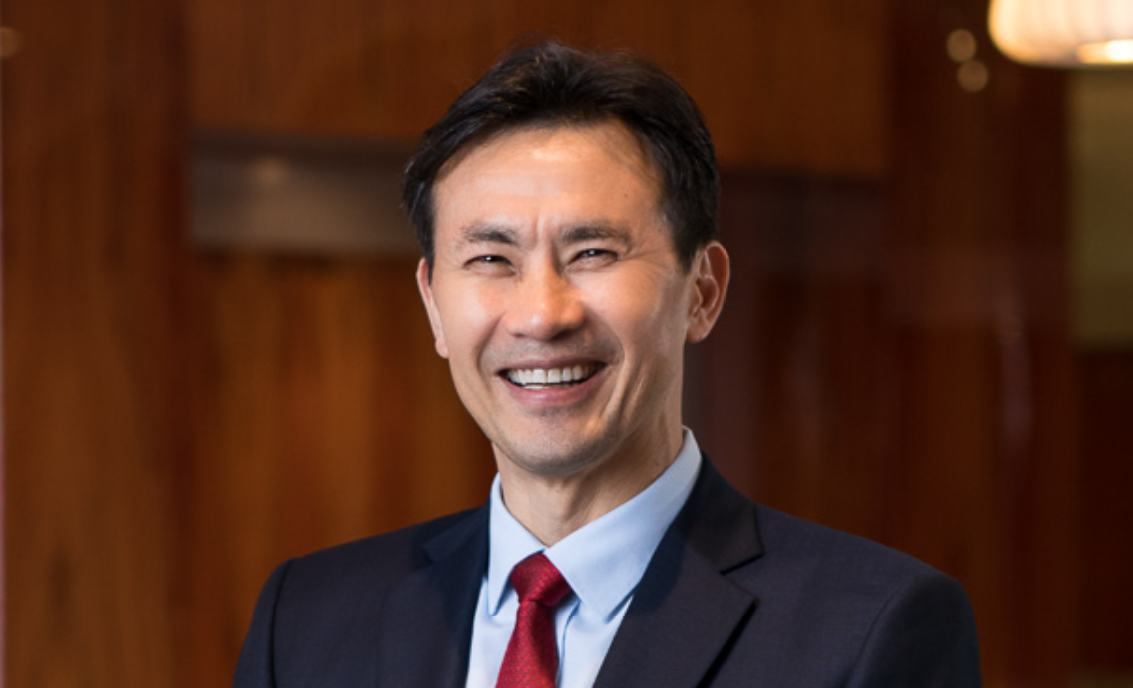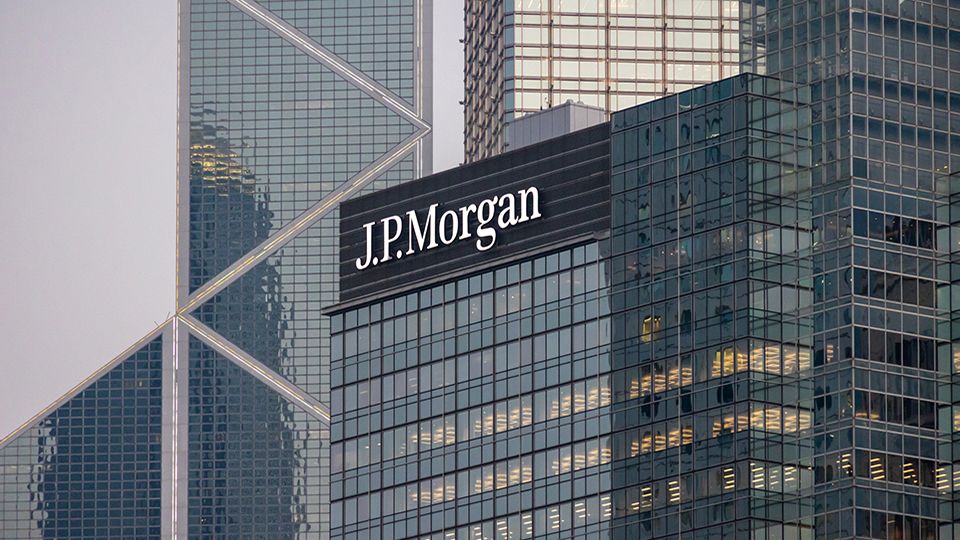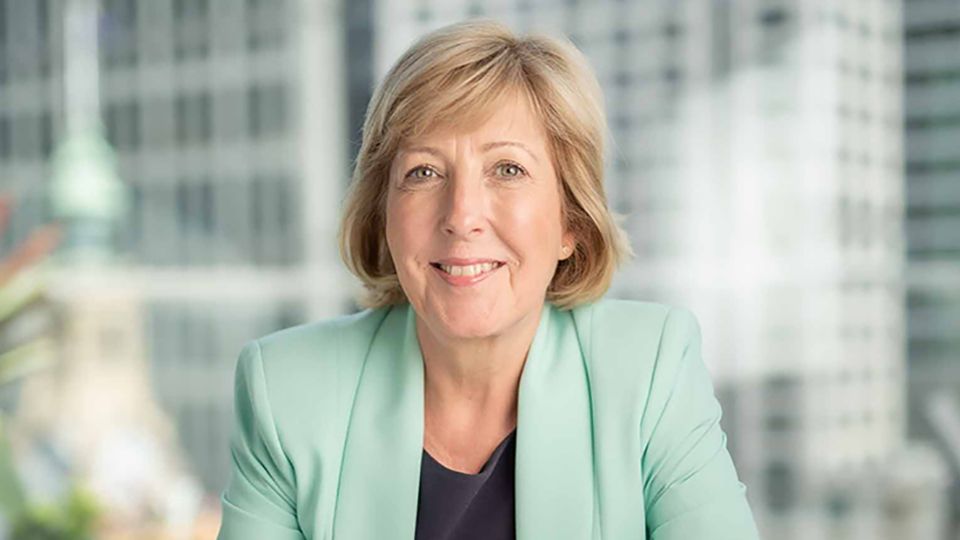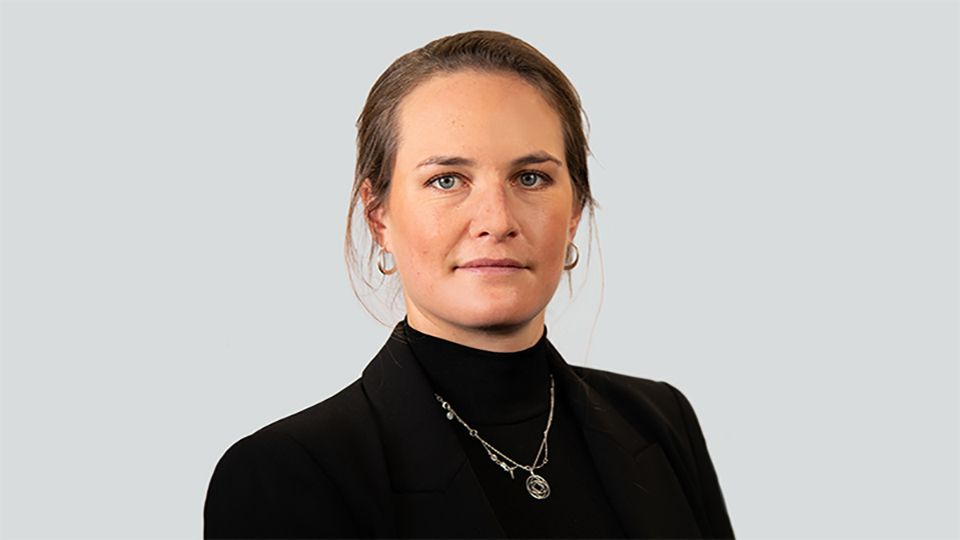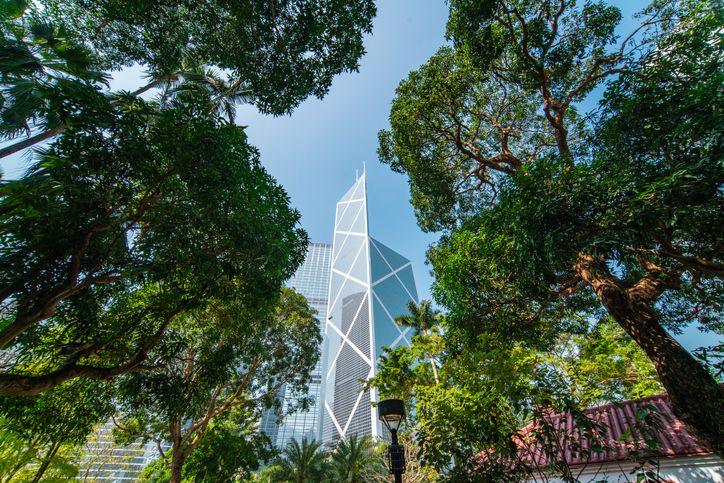Joseph Poon, DBS Private Bank
DBS Private Bank has set a target of having more than half of its assets under management (AUM) in sustainable investments by 2023.
For the bank, sustainable investments are those that are rated BBB and above by MSCI ESG ratings.
“Sustainable investments have become increasingly important in value-adding investment portfolios in the long run,” Joseph Poon, group head at DBS PB, said in a statement.
“However, their pace of growth is being compromised as there is still no clear definition for sustainable investments today. By taking [the step to integrate MSCI ESG ratings in our product suite], we are not only availing greater transparency of our offerings, but also holding ourselves accountable to our pledge to boost our share of sustainable investments.”
Currently, the bank’s sustainable assets account for 41% of its total AUM.
To boost sustainable investments, DBS PB will expand its product suite to include new sustainable investment solutions. This year alone, it is looking at onboarding at least 10 sustainable products, including ETFs, mutual funds and private equity investments.
This includes a global environment fund that is expected to be launched this quarter, which will provide investors exposure to a range of decarbonisation themes, including renewable energy, electrification and resource efficiency.
The bank will also review clients’ portfolios to improve their ESG rating through targeted advisory and recommendations. Relationship managers are mandated to relook their clients’ portfolios and proactively engage those with lower ESG ratings to replace lower-rated assets with higher-rated alternatives where suitable, or deploy new funds into sustainable investments.
DBS PB is seeing increasing interest in sustainable investments. For example, it raised S$690m ($690m) for a sustainable product, the MSCI EM ESG Leaders Outperformance Trade, that was launched in October. In comparison, an earlier version of the product that was launched in 2018 only raised S$95m.
NEW METHODOLOGY
The bank added that it will formalise how ESG is assessed through the launch of a “portfolio-weighted ESG rating methodology” in the second quarter.
Under the methodology, the bank will move from rating individual holdings to rating clients’ portfolios holistically. This is premised on the fact that selecting Asian assets solely based on their current ESG ratings may not be representative of their long-term potential, since they need time to improve their ratings.
DBS PB noted that Asian assets tend to have lower ESG ratings than their Western counterparts, as many of the developing nations in the region are still in the early stages of economic development and living standards. Quoting data from MSCI, the proportion of laggard companies (those with B and CCC ratings) in Asia stands at 13.5%, compared to just 5.5% in the West.
“Asia has however started to catch up in recent years, amid rising consumer expectations and government calls for businesses to focus on sustainable issues,” the bank said.
By adopting the new methodology, relationship managers and clients will factor in their long-term view of each constituent investment and manage the portfolio more dynamically. For example, they may retain select low-rated holdings that are slated for growth while still ensuring the overall portfolio rating is strong.

